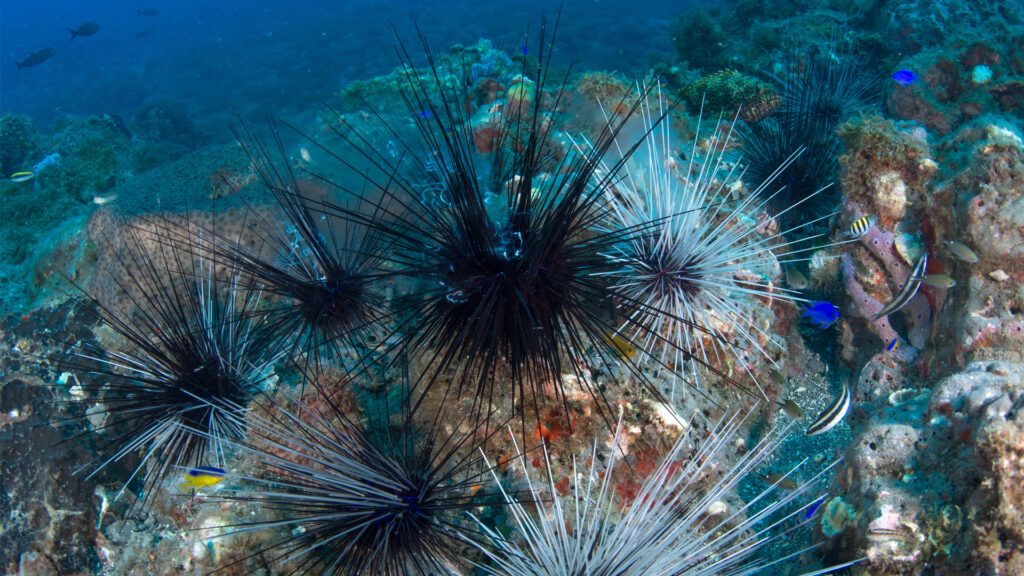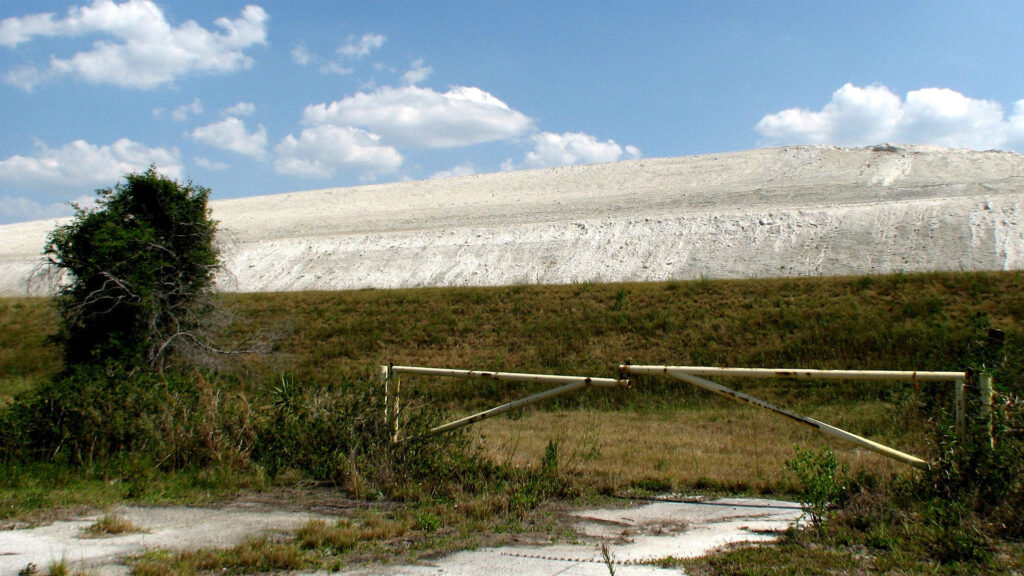A roundup of news items related to climate change and other environmental issues in Florida:
Scientists identify tiny parasite killing long-spined sea urchins. Stopping it will be harder | WLRN

Scientists investigating a widespread and sudden die-off of long-spined sea urchins that spread nonstop for much of 2022 across the Caribbean and Florida have identified a tiny parasite as the killer.
But while the breakthrough came quickly thanks to social media, avid divers and advances in DNA, figuring out how to protect the species — which is critical to the health of reefs — remains a challenge.
The parasite has been known to infect fish, but scientists had never seen such a lethal infection in urchins.
‘I couldn’t stop the water from coming in’: Two weeks after historic flood, Fort Lauderdale residents live in moldy homes, waiting for money | Sun Sentinel
FORT LAUDERDALE — Last Thursday, Shamikah Delcine’s 5-year-old son asked her, “Mommy, are we going to live in a hotel?”
The 33-year-old mother of three is still living in the rental home off Sistrunk Boulevard that flooded two weeks ago. The only assistance she has received so far, she said, is water from a local church.
In the aftermath of the storm that swept Fort Lauderdale underwater, flood victims are waiting for help as they face new emergencies: layoffs, evictions, and the insurmountable costs of housing and repairs that they can’t afford by themselves.
Radioactivity concerns not enough to derail phosphogypsum bill on path to Senate | Florida Politics

One person’s innovative waste reuse plan is another’s health and environmental concern as a potentially dangerous material could be included in road building for limited suitability studies with an aim toward wider use.
“Suitability certainly isn’t just to the construction integrity, if you will,” Dover Republican Rep. Lawrence McClure said when the bill was up for a second reading. “It contemplates exposure and environmental impacts as well.”
The House passed a bill (HB 1191) that sets out to accomplish several things, but primarily, it directs the Florida Department of Transportation (FDOT) to look into the suitability of using phosphogypsum in road base, including consideration of existing and ongoing studies.
If you have any news items of note that you think we should include in our next roundup, please email The Invading Sea Editor Nathan Crabbe at ncrabbe@fau.edu.



